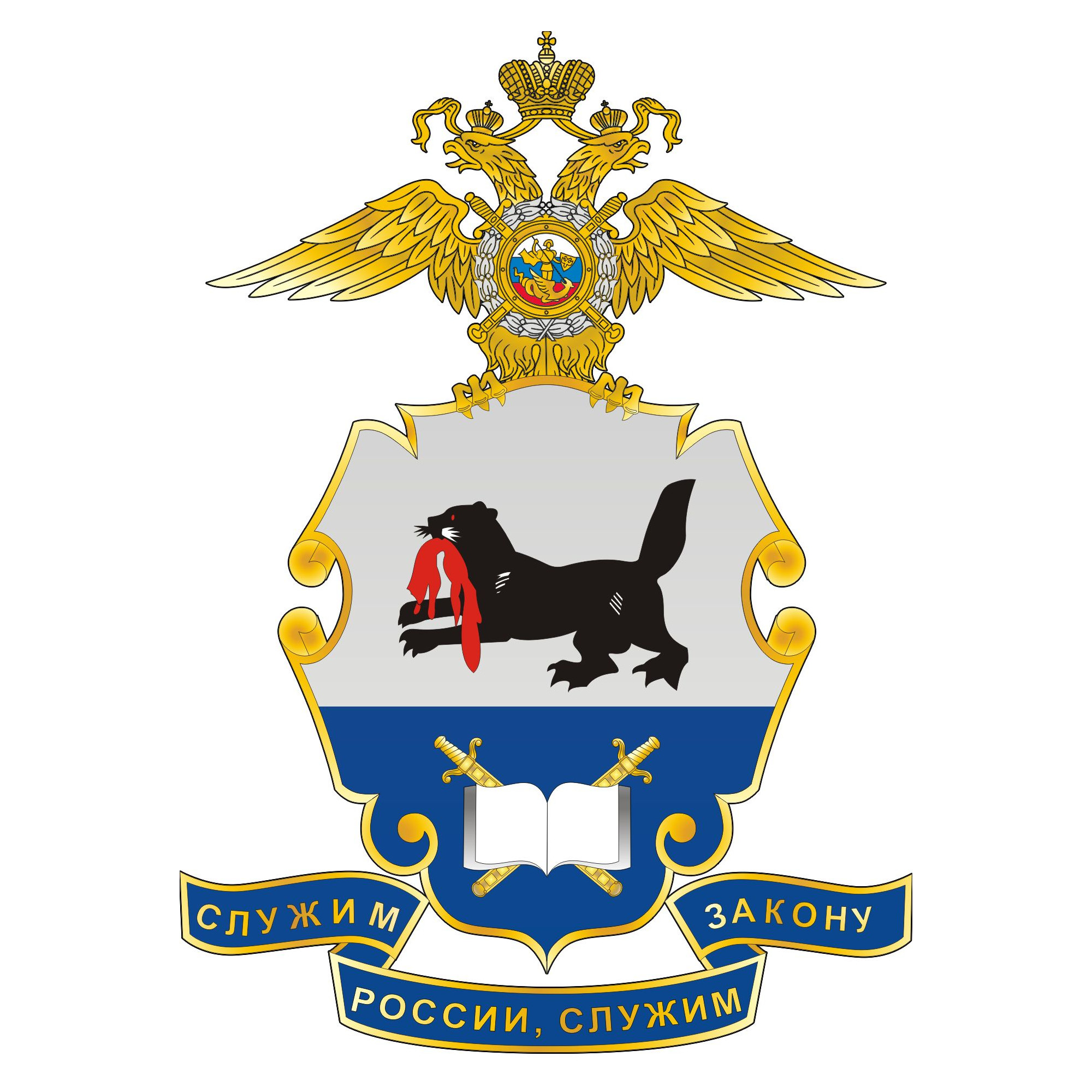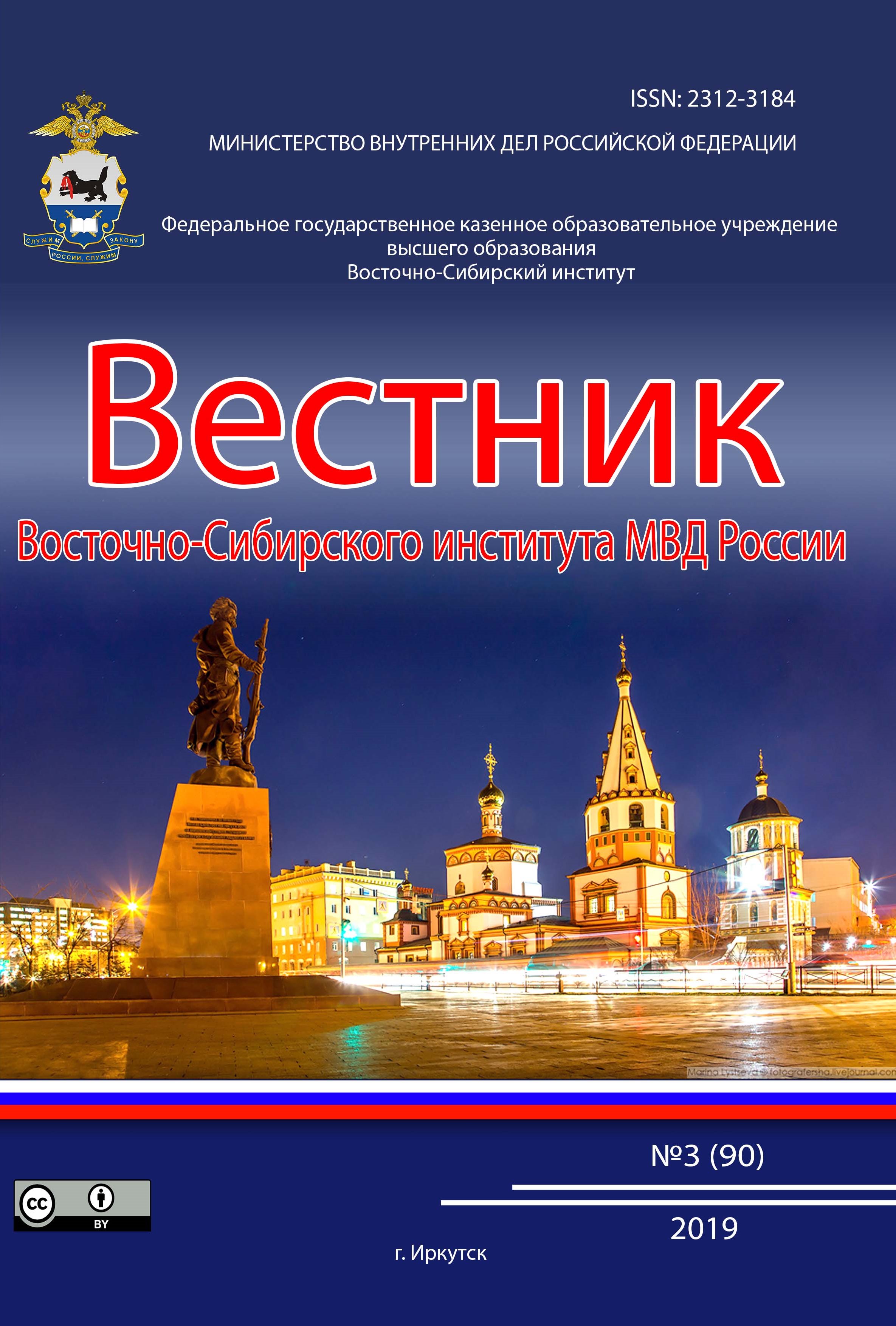the article, from the perspective of criminology, examines the issues of introducing the digital ruble as a modern form of national currency. New legislation regarding the digital currency of the national bank is presented. The authors point out the features of digital ruble technology and the latter’s potential for preventing and solving various crimes. Specific promising directions for the development of forensic tools based on the digital ruble platform are proposed for discussion.
digital ruble, technology, crime, means, currency, security condition, theft, platform.
1. Sannikova, L. V. Pravovye osnovy cifrovyh valyut central'nyh bankov i cifrovogo rublya [Legal bases of central banks' digital currencies and digital ruble]. Financial Journal – Finansovyj zhurnal. 2023, vol. 15, no. 5, pp. 7-44.
2. Abramova, M. A., Kunitsina N. N., Dyudikova E. I. Perspektivy vnedreniya cifrovogo rublya v denezhnyj oborot Rossii: atributy i principy formirovaniya doverennoj cifrovoj sredy [Prospects for the introduction of the digital ruble in the monetary circulation of Russia: attributes and principles of formation of a trusted digital environment]. Finansy: teoriya i praktika – Finance: theory and practice. 2023, no. 4, pp. 6-16.
3. Sitnik, A.A. Cifrovye valyuty central'nyh bankov [Digital currencies of central banks]. Vektor yuridicheskoj nauki. Vestnik Universiteta imeni O.E. Kutafina – Vector of legal science. Vestnik of O.E. Kutafin University. 2020, no. 9, pp. 180-186.
4. Sergeev, D. R., Lyubimenko O. A., Savvateeva O. V. [Fraud in the Internet as a threat to the economic security of the state]. Teoreticheskaya ekonomika – Theoretical Economics. Pp. 76-84.
5. Rudykh A.A., Stepanenko D.A. Informacionnye tekhnologii v kriminalisticheskoj deyatel'nosti: monografiya [Information technologies in criminalistic activity: a monograph]. Moscow.
6. Belovitsky K.B., Zosko M. V. V., Loginova E. A., Martynenko M. N. Vliyanie cifrovogo rublya na sostoyanie ekonomicheskoj prestupnosti kak faktor obespecheniya ekonomicheskoj bezopasnosti strany [Influence of the digital ruble on the state of economic crime as a factor in ensuring economic security of the country]. Ekonomika i predprinimatel'stvo – Economics and Entrepreneurship. 2021, no. 4 (129), pp. 93-99.
7. Biryukov, V. V., Biryukova T. P. Kriminalisticheskaya identifikaciya kak special'nyj metod kriminalistiki i ee rol' v rassledovanii prestuplenij [Criminalistic identification as a special method of criminalistics and its role in the investigation of crimes]. Sibirskoe yuridicheskoe obozrenie – Siberian Legal Review. 2019, no. 2, pp. 209-215.
8. Pastukhov, P. S. [Evolyuciya kriminalisticheskoj identifikacii kak metoda nauchnogo poznaniya v informacionnom obshchestve] Penitenciarnaya sistema i obshchestvo: opyt vzaimodejstviya: Sbornik materialov IX Mezhdunarodnoj nauchno-prakticheskoj konferencii [Evolution of criminalistic identification as a method of scientific cognition in the information society. Penitentiary system and society: experience of interaction: Proceedings of the IX International Scientific and Practical Conference]. Perm, Pp. 211-215.
9. Stukalo, I. S. Ispol'zovanie smart-kontraktov dlya povysheniya urovnya ekonomicheskoj bezopasnosti [The use of smart contracts to improve economic security]. Molodoj uchenyj – Young Scientist. 2023. No 12 (459). Pp. 249-251. URL: https://moluch.ru/archive/459/100888/ (date of address: 15.11.2023).
10. Lapin, V. O. [Topical issues of ensuring compensation for damages in criminal cases involving offences related to the use of budgetary funds] Finansovaya politika gosudarstva: sovremennye tendencii i perspektivy: Sbornik materialov Vserossijskoj nauchno-prakticheskoj konferencii s mezhdunarodnym uchastiem [Actual issues of ensuring compensation for damages in criminal cases of crimes related to the development of budgetary funds. Financial policy of the state: modern trends and prospects: Collection of materials of the All-Russian scientific-practical conference with international participation]. Ryazan, 2016, pp. 381-390.











